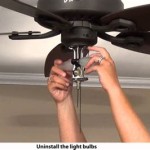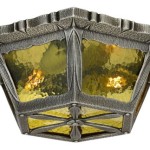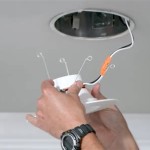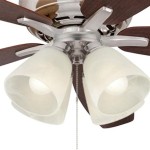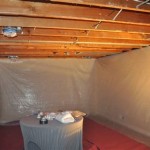Essential Aspects of Rope Light for Tray Ceilings
Rope lights have emerged as a versatile and alluring lighting solution for tray ceilings. By integrating rope lights into your tray ceiling design, you can enhance its visual appeal, create ambient lighting, and accentuate architectural features. However, selecting the right rope light and utilizing it effectively requires consideration of several essential aspects.
1. Choosing the Right Rope Light Type
Rope lights come in two main types: LED and incandescent. LED rope lights consume significantly less energy, generate minimal heat, and boast superior longevity compared to incandescent models. In contrast, incandescent rope lights provide warmer tones and are often more budget-friendly. Consider the ambiance you want to create, energy efficiency requirements, and available ceiling space before making a decision.
2. Determining Light Intensity and Color
The light intensity and color of your rope lights should complement the overall lighting scheme and the mood you wish to evoke. Bright, cool-toned lights provide a more invigorating ambiance, while warm, soft lights create a cozy and inviting atmosphere. Experiment with different color temperatures and intensities to find the perfect balance for your space.
3. Selecting the Appropriate Installation Method
Rope lights can be installed in two primary ways: recessed or surface-mounted. Recessed installation involves embedding the rope light within a channel or groove in the ceiling, providing a sleek and concealed look. Surface-mounted installation involves attaching the rope light directly to the ceiling surface using clips. Consider the aesthetics and accessibility requirements when choosing the installation method.
4. Planning the Placement and Spacing
The placement and spacing of rope lights play a crucial role in achieving the desired effect. For general ambient lighting, distribute rope lights evenly throughout the tray ceiling. To accentuate architectural details or create focal points, place rope lights along the edges or soffits of the tray ceiling. Adjust the spacing to control the light intensity and avoid overpowering the space.
5. Ensuring Proper Ventilation and Safety
Rope lights produce heat during operation, making it essential to ensure adequate ventilation to prevent overheating. Avoid enclosing rope lights within enclosed fixtures or burying them in insulation. Additionally, observe proper electrical safety practices by using UL-listed rope lights, maintaining appropriate distances from combustible materials, and installing proper circuit protection devices.
Conclusion
By carefully considering the aspects outlined above, you can select and install rope lights for your tray ceiling that meet your aesthetic, functional, and safety requirements. Whether you choose LED or incandescent rope lights, warm or cool tones, and concealed or surface-mounted installation, rope lights offer versatile and effective lighting solutions to enhance the beauty and functionality of your tray ceilings.

Ceiling Treatments Tray With Rope Accent Lighting

Plaster In Tray Ceiling Led Lighting Profile

How To Mount Crown Molding A Tray Ceiling

Tray Ceiling With Crown Molding And Rope Lighting Traditional Bathroom Other By Rjs Custom Homes Llc Houzz

Tray Ceilings I Ve Got Your Right Here Rope Lights And All One Million Dollars R Mcmansion

Using Lighting The Smart Way To Highlight Tray Ceiling Hometone Home Automation And Guide

Rope Light Tray Or Soffit Pics Ideas Early Retirement Financial Independence Community

Glamorous Lighting Ideas That Turn Tray Ceilings Into Architectural Masterpieces

Gray Bedroom With Tray Ceiling Transitional

How To Install Rope Lighting 8 Steps With Pictures Wikihow
Related Posts


